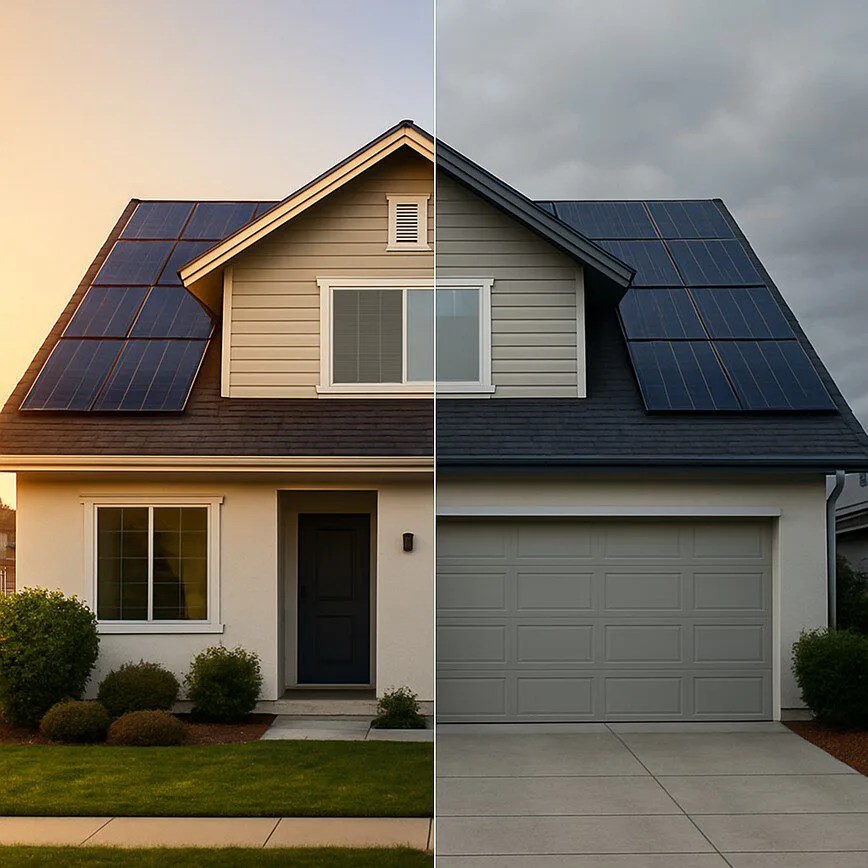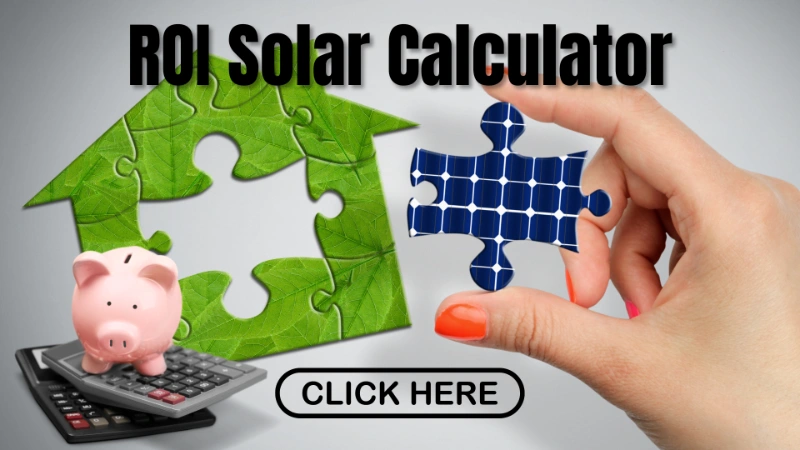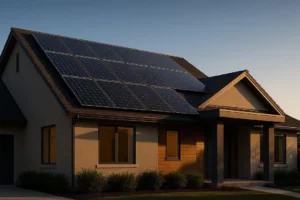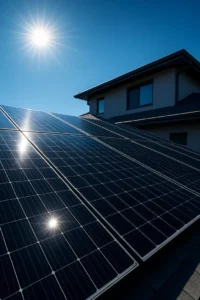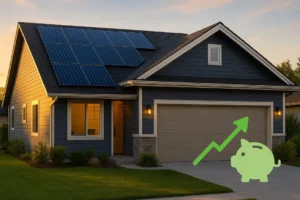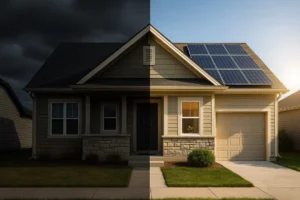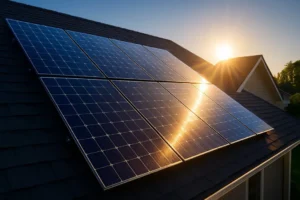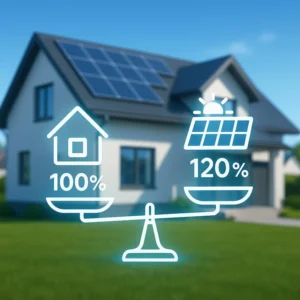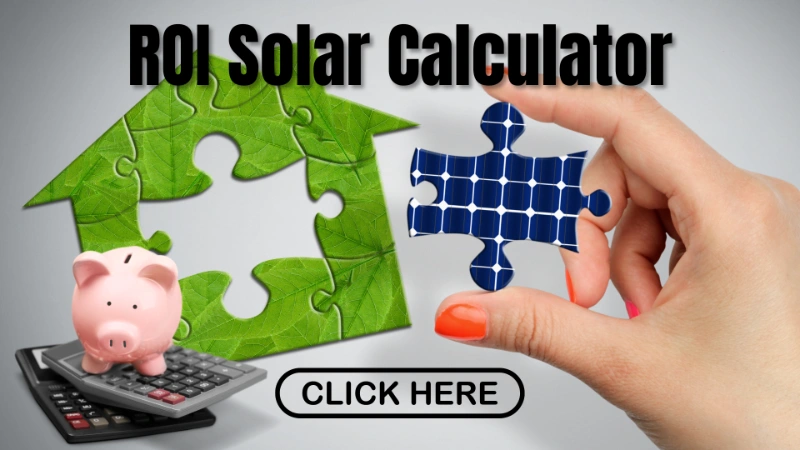As solar technology becomes more efficient and accessible, more homeowners are considering the switch to clean, renewable energy. But is it the right move for you? Making a significant investment in your home requires careful consideration. Understanding the full picture—both the good and the bad—is crucial. This guide provides a balanced look at the advantages and disadvantages of solar panels in 2025 to help you make a confident and informed decision.
Table of Contents
At RenewGenius, we believe in empowering homeowners with knowledge. Our comprehensive solar knowledge base demystifies solar energy, starting with this honest assessment of its pros and cons.
The Advantages of Going Solar
Let’s start with the bright side. The benefits of installing solar panels are compelling and often have a long-lasting positive impact on both your finances and your lifestyle.
1. Significant Reduction in Energy Bills
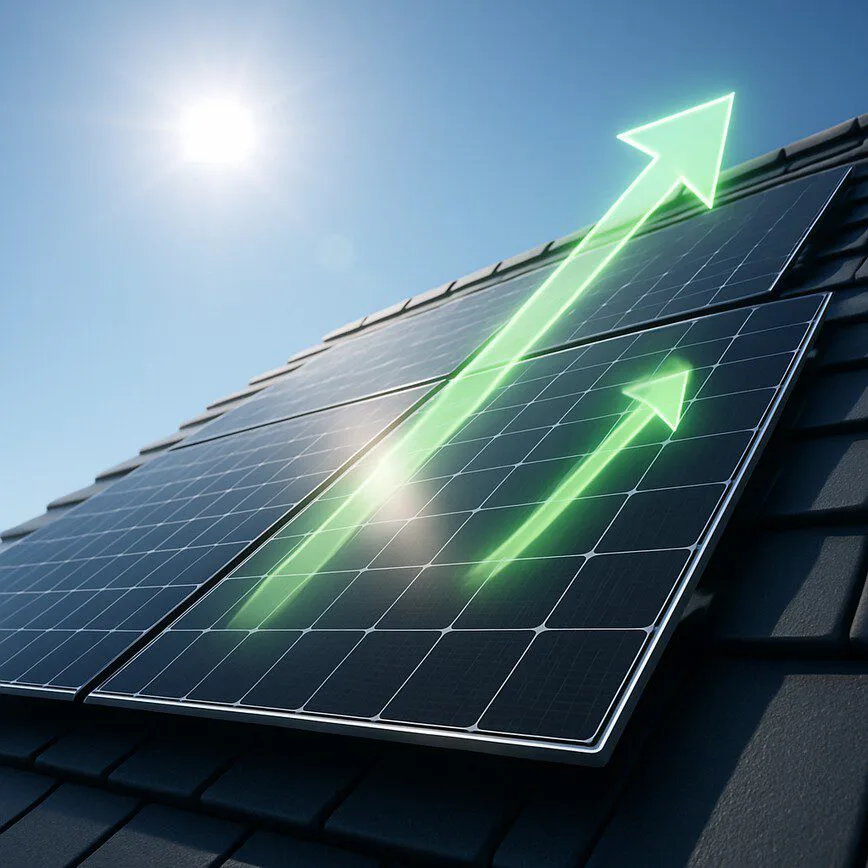
This is the most celebrated benefit of solar power. By generating your own electricity, you drastically reduce your reliance on the utility grid. This translates directly into lower monthly energy bills. Over the 25-30 year lifespan of a solar panel system, these savings can amount to tens of thousands of dollars, representing a substantial return on your initial investment.
2. Increased Property Value
Studies have consistently shown that homes with solar panel systems sell for more than comparable homes without them. Buyers are increasingly attracted to the prospect of lower energy costs, making solar a valuable upgrade that can boost your home’s market value and even help it sell faster.
3. Positive Environmental Impact
Switching to solar is one of the most effective ways a homeowner can reduce their carbon footprint. Solar panels produce clean energy with zero emissions, helping to combat climate change and reduce air pollution. By powering your home with the sun, you’re contributing to a healthier planet for future generations.
4. Energy Independence and Reliability
Utility rates are unpredictable and tend to rise over time. With solar, you lock in your energy costs and protect yourself from future price hikes. When paired with a solar battery, your system can also provide backup power during grid outages, giving you and your family peace of mind and true energy independence.
5. Low Maintenance and Long Lifespan
Modern solar panel systems are incredibly durable and require very little maintenance. They are built to withstand harsh weather conditions and typically only need an occasional cleaning. Most systems come with a 25-year performance warranty, ensuring decades of reliable clean energy production.
The Disadvantages of Going Solar
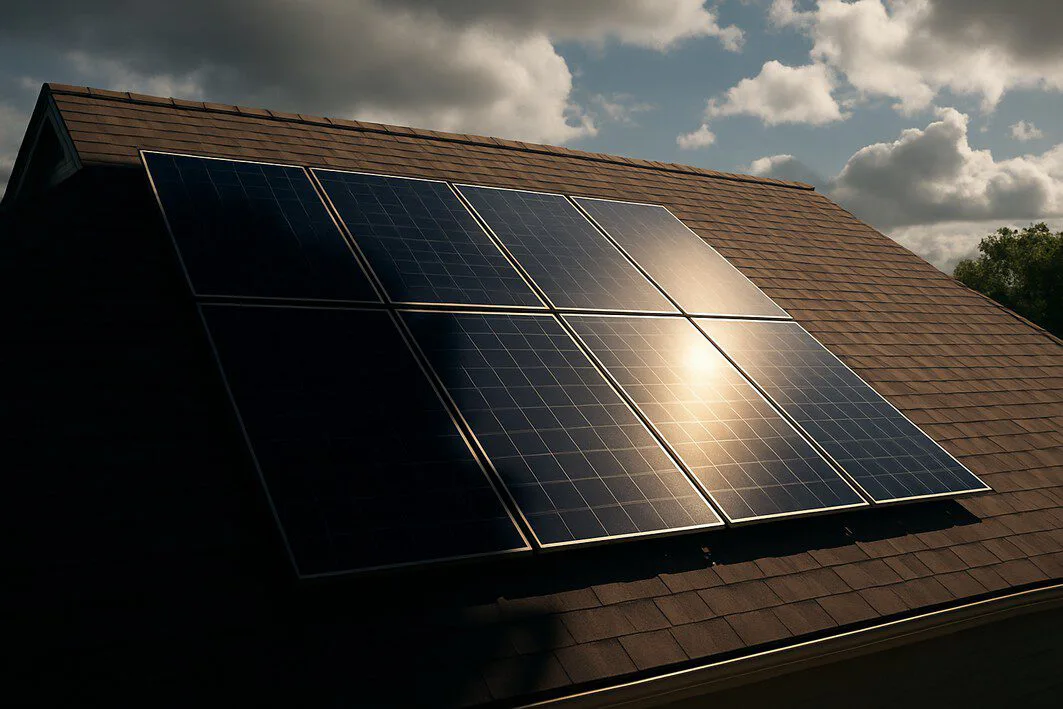
No technology is perfect, and it’s important to be aware of the potential challenges to determine if solar is a feasible option for your specific situation. Let’s examine the potential drawbacks that homeowners should consider, including the 7 disadvantages of solar energy.
1. The Upfront Installation Cost
The initial investment for a solar panel system is the biggest hurdle for most people. While prices have fallen significantly, a full residential installation still represents a major expense. However, it’s crucial to view this as an investment rather than a cost. To understand your potential long-term savings, an ROI calculator can provide a clear financial picture of when your system will pay for itself and start generating pure profit.
2. Weather and Sunlight Dependency
Solar panels generate electricity from sunlight, so their output is naturally dependent on the weather and time of day. Production will be lower on cloudy days and non-existent at night. System designers account for this by analyzing your local climate data, but it’s a fundamental limitation of the technology.
3. Roof Suitability and Space
Not all roofs are ideal for solar. The best candidates have ample south-facing space free from shade. The age and condition of your roof are also critical factors; you don’t want to install a 25-year solar system on a roof that needs replacing in five years.
4. Panel Efficiency and Degradation
While solar panel efficiency has improved dramatically, they don’t convert 100% of sunlight into electricity. Furthermore, all panels experience a slow, predictable decline in output over time, known as degradation. Reputable manufacturers guarantee a certain level of performance (usually 80-90%) even after 25 years.
5. Navigating Rebates and Incentives
Federal, state, and local governments offer incentives like tax credits and rebates to make solar more affordable. However, navigating the paperwork and understanding the eligibility requirements can be complex and time-consuming.
6. Long ROI Period
The time it takes to recoup your initial investment—the return on investment (ROI) period—can range from 8 to 15 years, depending on your system’s cost, your energy usage, and local electricity rates. While the long-term savings are substantial, it requires a long-term perspective.
7. Aesthetic Considerations
Finally, some homeowners are concerned about how solar panels will look on their roof. While aesthetics are subjective, modern solar panels are becoming sleeker and more low-profile, with all-black options that blend in more seamlessly with roofing materials.
Weighing the Pros and Cons: A Balanced View
For most homeowners, the long-term financial and environmental benefits far outweigh the initial challenges. The key is to go into the process with a clear understanding of both sides.
Pros (The Upside)
- Drastically lower energy bills
- Increased home value
- Positive environmental impact
- Energy independence and reliability
- Low maintenance and long lifespan
Cons (The Downside)
- High initial investment
- Dependent on sunlight and weather
- Roof must be suitable and in good condition
- Long payback period
- Aesthetics can be a concern for some
Making an Informed Decision with RenewGenius
Choosing to go solar is a significant step. As a company focused on residential solar solutions, our goal is to provide you with all the information you need. By weighing the advantages and disadvantages of solar, you can determine if it aligns with your financial goals and personal values. While this guide covers the main pros and cons, there’s much more to learn about the positive impacts of switching to clean energy. To dive deeper into the financial and environmental upsides, explore our complete guide on solar energy benefits. Let our comprehensive knowledge base guide you on your journey to energy independence.

